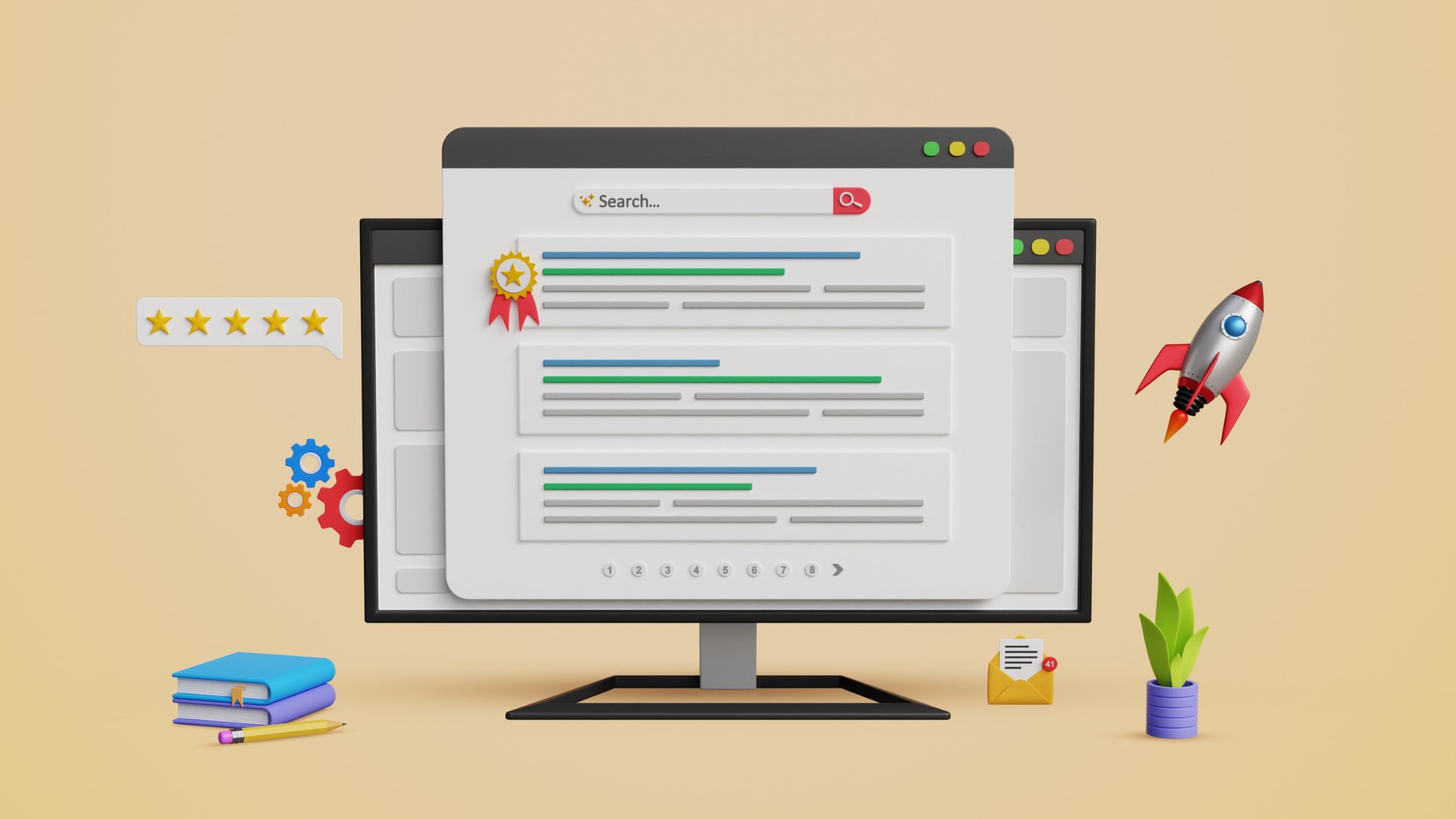In today’s job market, keeping top talent is more important than ever. But what’s the secret to making employees feel genuinely valued and engaged?
Discover five powerful strategies to boost job satisfaction and transform your workplace. From fair pay and career growth to creating a positive environment and celebrating successes, these tips will help you build a team excited to come to work. Ready to make your workplace the best it can be? Let’s dive in!
In Singapore's competitive job market, offering fair compensation and comprehensive benefits is crucial for attracting and retaining top talent. According to a recent study, 46% of employees are actively seeking new jobs, making it essential for employers to optimise their packages.
Ensure your compensation aligns with industry standards. Remember, in Singapore, employers must provide certain mandatory benefits, including Central Provident Fund (CPF) contributions, paid leave entitlements, and healthcare coverage. Complying with these requirements is crucial to maintaining a positive employer reputation.
To stand out, consider offering additional benefits. Popular options in Singapore include flexible work arrangements, wellness programmes, and career development opportunities. These perks can significantly enhance your employee value proposition and improve job satisfaction.
It's important to note that Singapore's Ministry of Manpower has clarified that employers cannot reduce pay for employees on flexible work arrangements if their productivity remains unaffected. This policy ensures fairness and encourages a balanced approach to modern work practices.
Creating a safe and comfortable work environment is crucial for employee satisfaction and productivity. According to JobStreet, choosing ergonomic office furniture that provides ample support can help prevent health issues from prolonged sitting. Incorporate plants and natural light to improve air quality and reduce stress levels.
Ensure your workspace complies with safety guidelines, including increased ventilation and installation of air purifiers. A study by WFA emphasises the importance of conducting thorough workplace assessments to identify potential hazards associated with machinery, materials, and ergonomic factors. Develop clear safety policies and provide employee training, such as occupational first aid (OFA), to equip workers with the necessary knowledge.
A positive company culture is equally important. Foster an environment where employees feel valued and safe to contribute ideas. Consider allowing staff to customise their workspaces and offering flexible work arrangements to support well-being.
Remember, a thoughtfully planned workspace can boost creativity and employee morale, leading to increased productivity and a more satisfied workforce.
In Singapore's rapidly evolving job market, continuous skill development is crucial for career growth and job satisfaction. The government's SkillsFuture initiative offers a wealth of opportunities for employees to upskill and reskill. Through this programme, workers can access SkillsFuture Credit to fund their training, empowering them to take charge of their professional development.
Many forward-thinking companies in Singapore are proactively investing in their workforce's skills. For instance, DBS Bank reskilled 1,600 employees in anticipation of automation, demonstrating a commitment to employee growth. Employers can leverage programmes like the SkillsFuture Enterprise Credit to support workforce development initiatives.
For a more flexible approach to upskilling, companies can explore options such as:
These initiatives enhance employee satisfaction and contribute to a company's innovation pipeline. By investing in skill development, businesses can create an attractive value proposition for prospective employees, boost retention rates, and future-proof their workforce.
Creating a positive work environment is crucial for employee satisfaction and productivity in Singapore. Your company's actions should consistently embed a robust organisational purpose and core values. Encourage open communication, ensuring your staff feels comfortable sharing ideas and concerns. This approach aligns with Singapore's emphasis on harmony and consensus-building.
Promote diversity and inclusivity, as varied perspectives can lead to innovative solutions. This is particularly important in Singapore's multicultural workplace. Embrace failure and innovation, empowering your team to experiment and learn from mistakes without fear.
Support your employees' mental well-being through initiatives like flexible work arrangements and designated mental health days. This aligns with Singapore's growing focus on work-life integration. Remember, in Singapore, disagreements are typically addressed privately to maintain harmony, so handle conflicts discreetly. By fostering a supportive culture, you'll create an environment where your team can thrive and contribute their best work.
Open communication and feedback are crucial for enhancing employee satisfaction in Singapore's diverse work environment. Establishing a culture of transparent dialogue promotes continuous improvement and higher levels of engagement. Implement regular feedback mechanisms such as employee surveys, one-on-one meetings, and town halls to gather insights on employee experiences and concerns.
Create an atmosphere where staff feel empowered to voice their opinions without fear of repercussions. This approach builds trust and encourages active participation. Managers should lead by example, maintaining an open-door policy and actively seeking team input. Consider implementing anonymous feedback channels to ensure all voices are heard, especially in cultures where confrontation may be uncomfortable.
Leverage digital communication tools to facilitate seamless information sharing, which is particularly important in today's hybrid work models. Regularly analyse feedback data to identify trends and proactively address issues. Remember to 'close the loop' by communicating actions taken based on employee input, demonstrating that their feedback is valued and actioned upon.
Implementing these key strategies can significantly improve employee satisfaction and productivity.
Compensation and benefits form the foundation of a motivated workforce. Recognition programs foster excellence, while a positive culture promotes teamwork and respect. Autonomy boosts job satisfaction and drives productivity. Connecting staff to the company's mission cultivates purpose and belonging. Satisfied employees are less likely to leave, reducing costs and retaining knowledge.
To elevate your workplace, tailor strategies to your industry and culture. Regular feedback helps fine-tune your approach, ensuring efforts align with evolving employee needs. Prioritising employee satisfaction invests in the long-term success and sustainability of your business.
Ready to enhance your team's satisfaction and productivity? Start implementing these strategies today and find the right talent FAST with FastJobs.

In Singapore’s job market, portals offer fast access while agencies provide tailored matchmaking.
Read more
FastGig helps solve manpower shortages by offering flexible gig work for businesses and individuals in SG.
Read more
Hiring faster starts here—Job Bump boosts your listing by 30%+ without needing a repost.
Read more